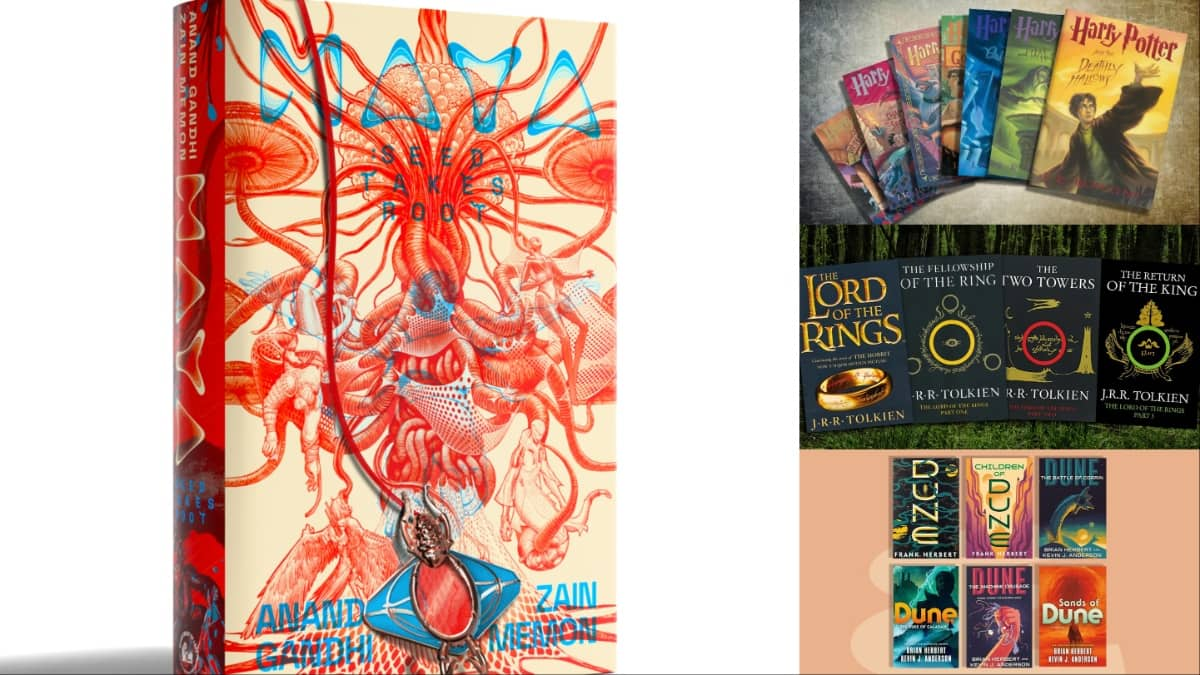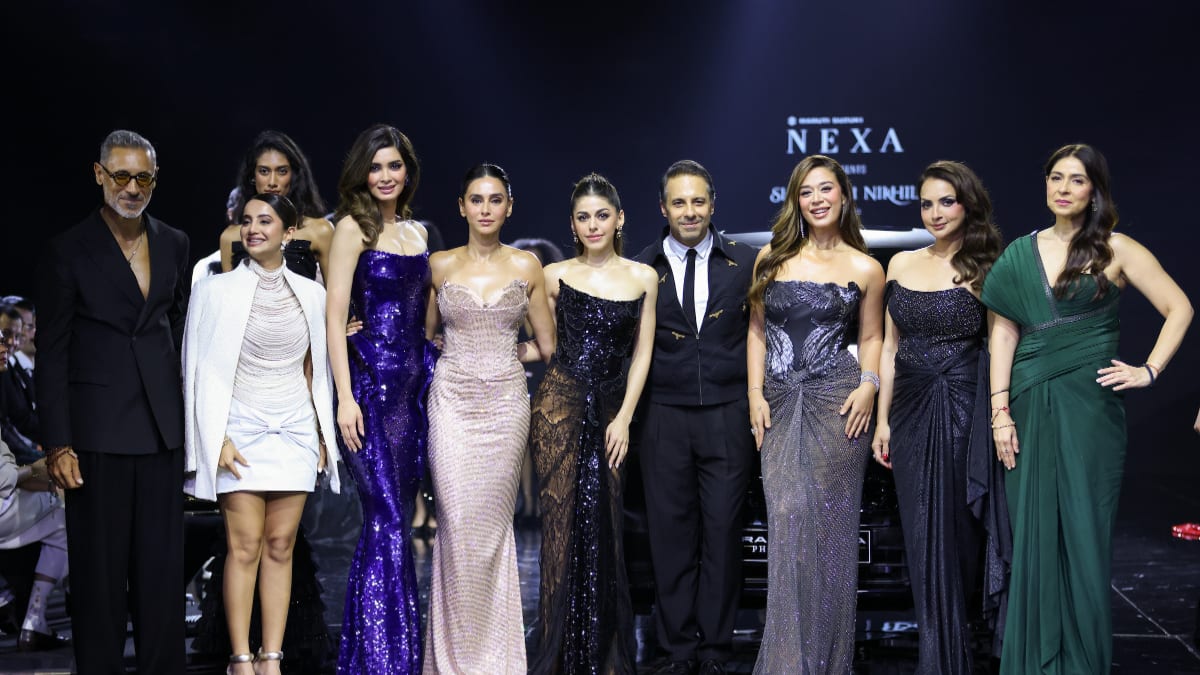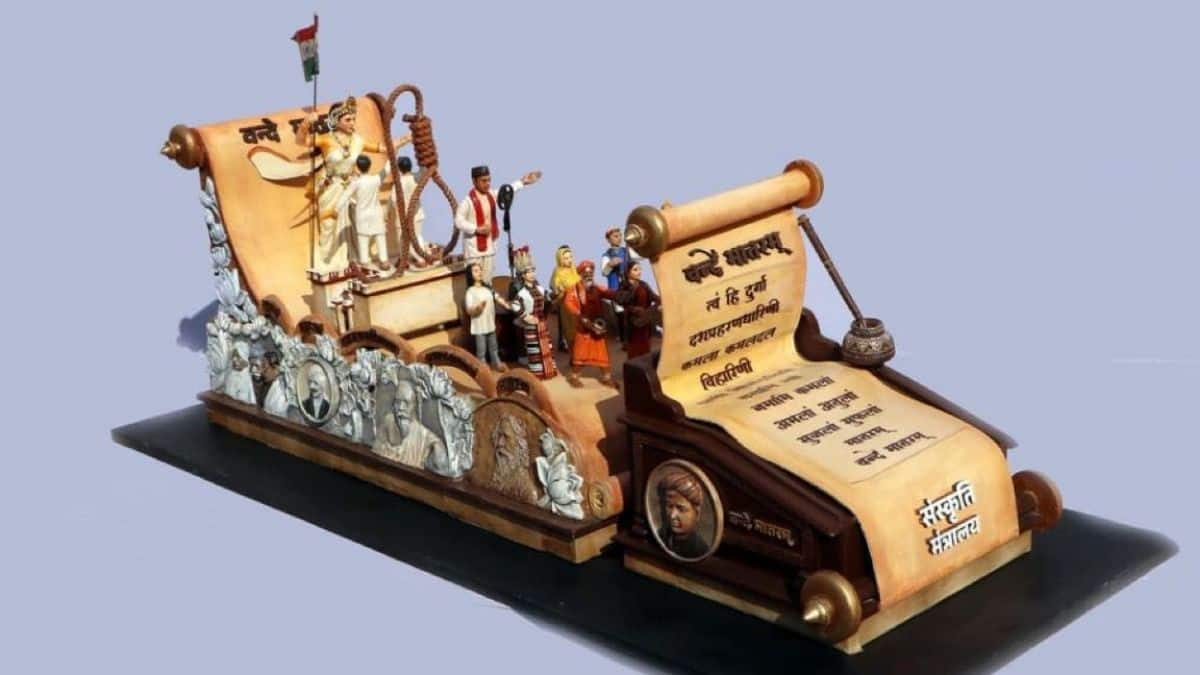Exclusive | Keeping polo alive in India: A legacy sustained by soldiers, sponsors, and passion
India’s polo legacy thrives on the Indian Army’s dedication, led by the iconic 61st Cavalry and supported by the Indian Polo Association. Despite its royal roots, the sport faces modern challenges, relying on private sponsorship and grassroots efforts to grow. Polo’s future demands innovation while honouring its rich tradition
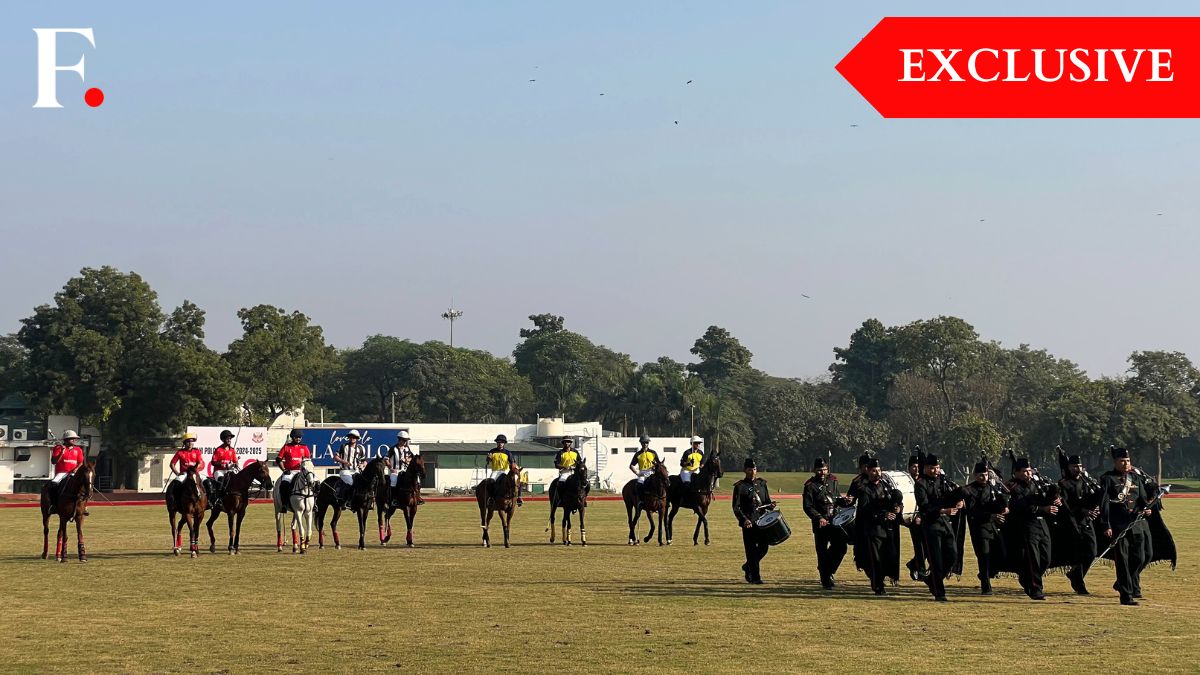
India’s polo legacy thrives on the Indian Army’s dedication, led by the long-lasting 61st Cavalry and supported by the Indian Polo Association. In spite of its royal roots, the game faces modern challenges, relying on private sponsorship and grassroots efforts to grow. Polo’s future demands innovation while honouring its rich tradition
read more
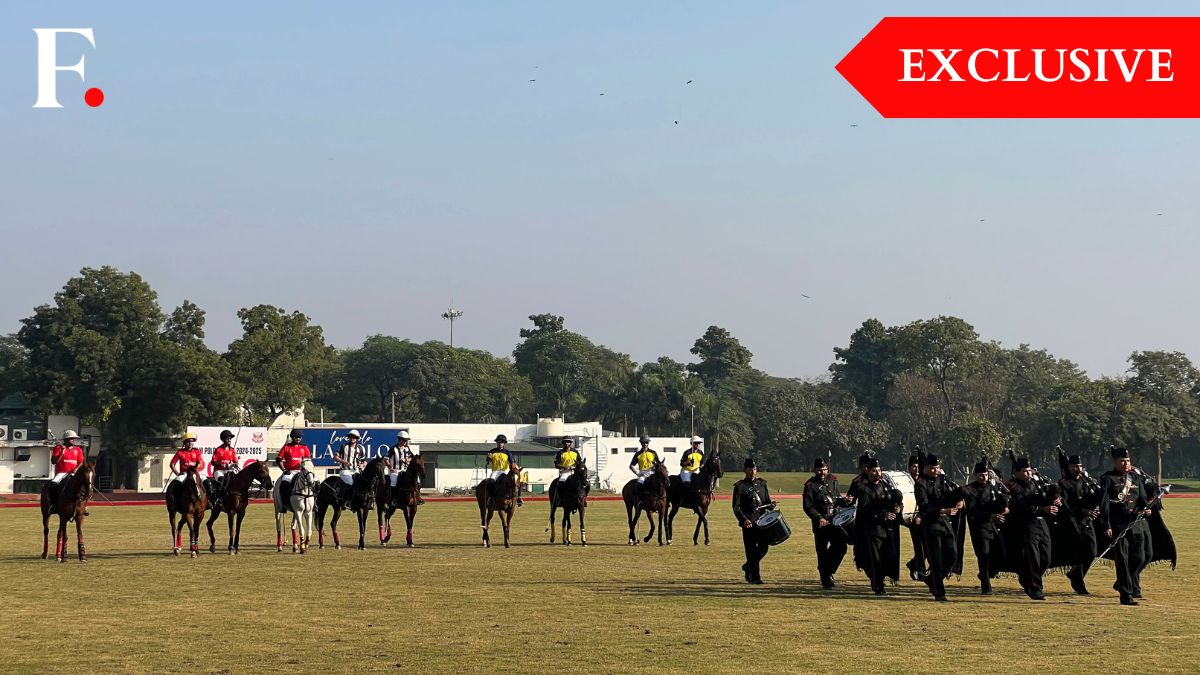)
Polo players from the Mayfair Polo team and the Delta Polo team, moreover to the umpires line up as the Army pipes and drums initiate the final of the Col. Girdhari Memorial Polo Cup at the Jaipur Polo Ground in New Delhi, December 1, 2024. Firstpost/Anmol Singla
Polo, often also is called the “Sport of Kings,” is deeply embedded in India’s cultural and historical fabric. From its origins in Manipur to its elevation as a sport of prestige by the British and princely states, the game has travelled through centuries.
Yet, its survival these days owes an even deal to the steadfast commitment of the Indian Army, which has played a pivotal role in preserving and promoting polo as a national treasure.
In our earlier feature, we explored the fundamentals of polo and its growth potential in India.
Now, we delve deeper into the game’s unique ties with the defense force, the historic contributions of the 61st Cavalry, the efforts of the Indian Polo Association (IPA), and the prospective for private sponsorship to secure polo’s future in India.
The Indian Army’s duty in sustaining polo
The Indian Army has been the bedrock of polo in India, making certain its survival through tumultuous times.
Following India’s independence, the decline of princely states and their financial toughen for polo left a vacuum. The Army, recognising the cultural and strategic importance of equestrian skills, stepped in to sustain the game.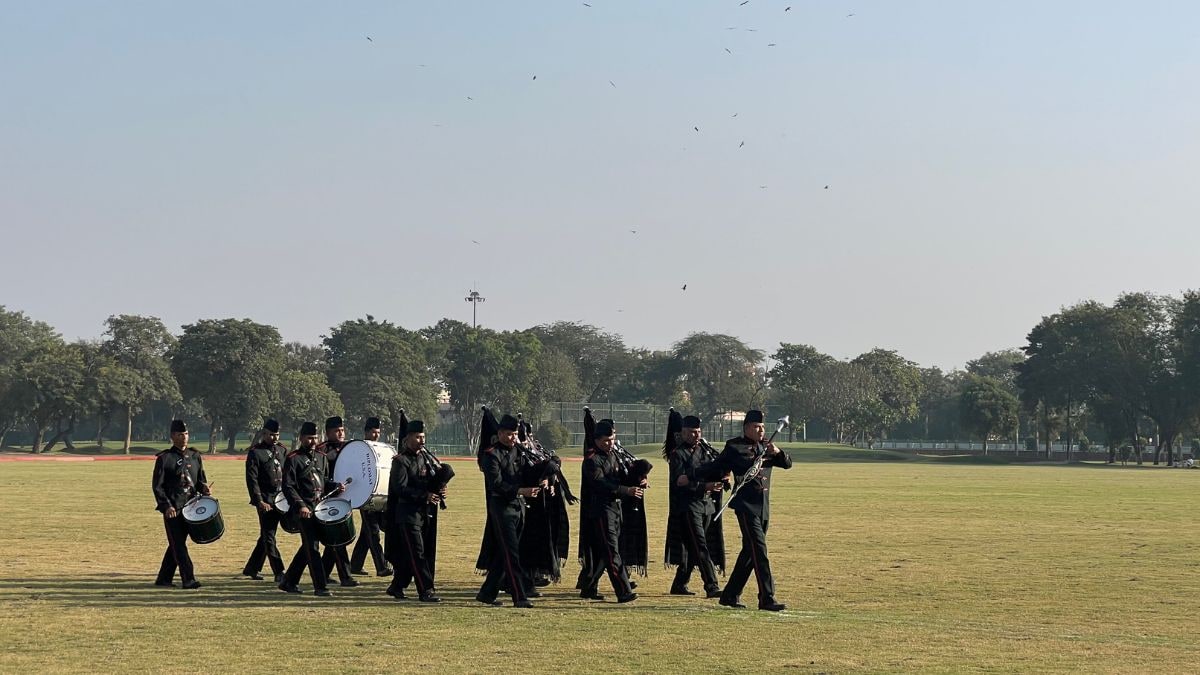
One of many Army’s significant contributions has been the provision of infrastructure. Veteran polo player Syed Shamsheer Ali, highlighted the Army’s contributions, telling Firstpost, “The Indian Army is the one who’s helped polo over the years. They've the grounds and facilities. It’s on account of them that polo is alive in India.”
“We're playing polo on the defense force ground, army facilities because they toughen us. Without their toughen, polo would exist simplest in some pockets,” added Ali, who was once also awarded the ‘most valuable player’ trophy at the Col. Girdhari Memorial Polo Cup held from November 26, 2024 to December 1, 2024 within the national capital.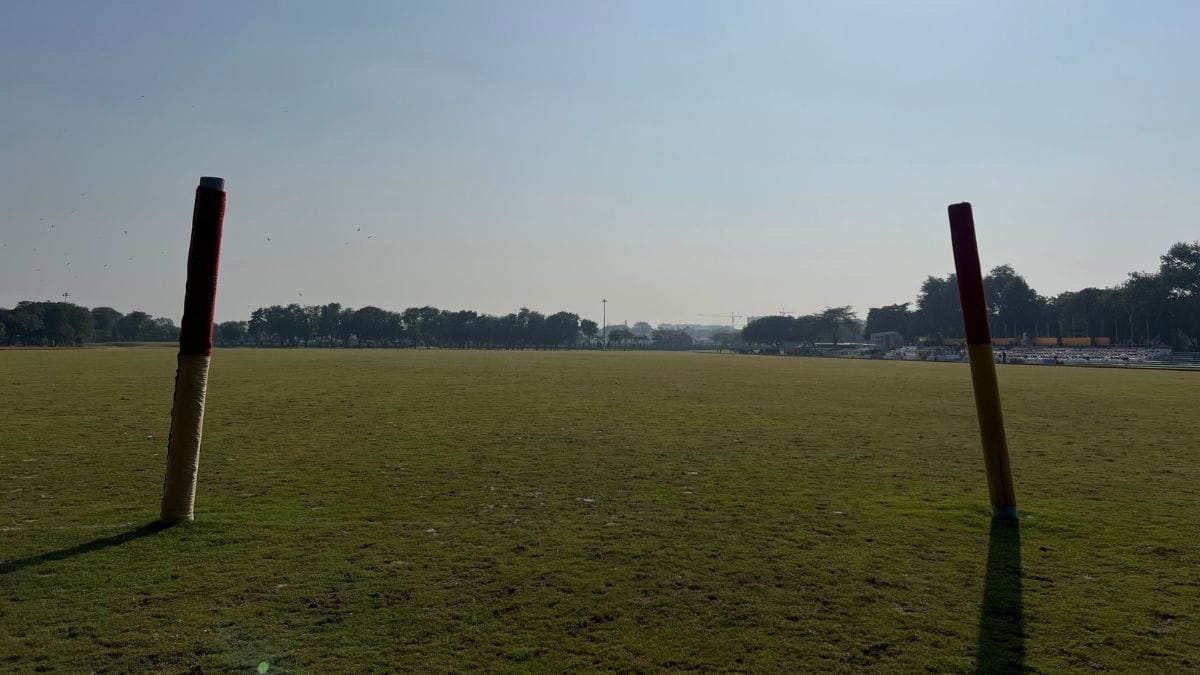
Across India, defense force establishments take care of a wide variety of the usa’s finest polo grounds, allowing tournaments and practice sessions to thrive. The Army also provides training facilities for its officers, a lot of whom change into skilled players and represent India in national and international tournaments.
Polo’s integration into the Army’s ethos is now not merely recreational. Equestrian activities, including polo, beef up physical fitness, decision-making, and cohesion among personnel.
“Polo by the defense force is now not simplest a sport, it’s also defense force diplomacy. It’s an Indian sport. It’s our sport, our gift to the arena. Now we have to always learn about it like that," Colonel Navjit Singh Sandhu, former commander of the 61st Cavalry and ex-captain of the national polo team, tells Firstpost.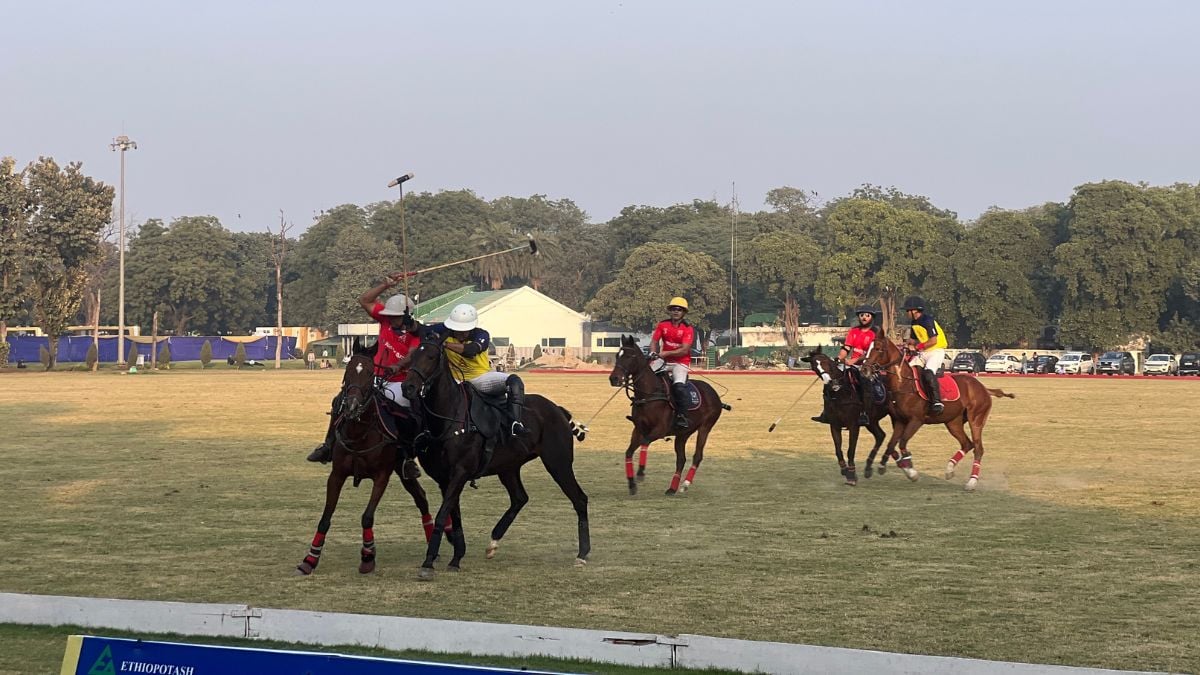
Joint polo tournaments with international defense force teams help foster goodwill and give a boost to bilateral members of the family, stated Sandhu. These tournaments often draw large audiences, exposing new generations to the game.
Moreover, the Army’s commitment to polo goes beyond just putting forward traditions. By organising and participating in major tournaments, almost like the Indian Open and President’s Cup, it ensures the game remains competitive.
These events often serve as showcases for talent and convey together civilian and army players, making a novel camaraderie that sustains the polo fraternity.
The 61st Cavalry: Custodians of polo’s legacy
The 61st Cavalry is a jewel in India’s defense force heritage, embodying the glory of the cavalry era. Formed in 1953 by merging the Mysore Lancers, Jodhpur Lancers, Gwalior Lancers, part of Patiala Lancers, and the Saurashtra Cavalry, this regiment carries forward the traditions of horse-mounted warfare while embracing its role as a guardian of polo. It truly is a long way one of a few crucial arena’s last remaining active horse-mounted cavalry units.
Historically, these lancers were thinking about significant battles, similar tothe World War I campaign in Haifa, where Indian cavalry units achieved unprecedented victories.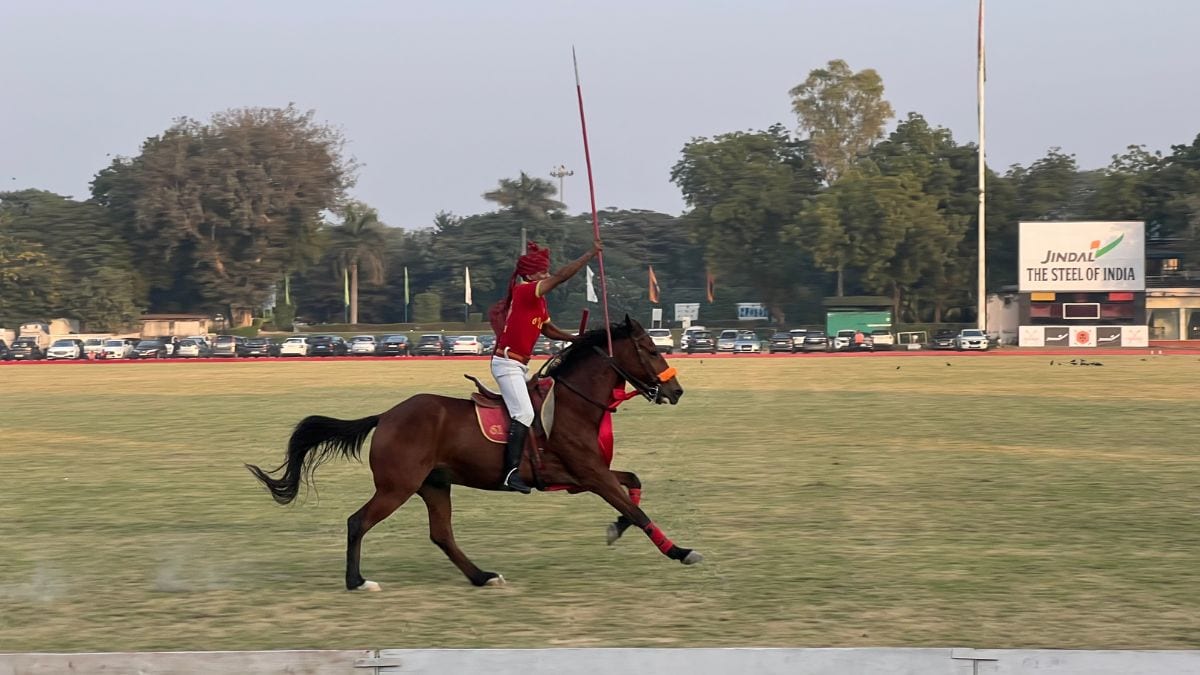
Putting a spotlight on the Army unit and its association with the game of polo, Lt Col Atul Gupta (Retd), having served within the 61st Cavalry, gives some insight: “So the way it went was once that in the beginning the British army was once based around irregular cavalry forces of the state forces almost like the royal families. So in the beginning the ‘sawar’ [a trained soldier on horseback] needed to bring his own weapon and own horse to be part of the irregular cavalry of the royal state forces."
“So from there it started as a approach to coaching at some point of peacetime and then it picked up as a sport and then individual royal houses started playing it as part of their army irregular cavalry and then after independence when there have been no more state forces, the 61st cavalry was once created,” Gupta, who's also the executive committee member of Delhi zone at the IPA, tells Firstpost.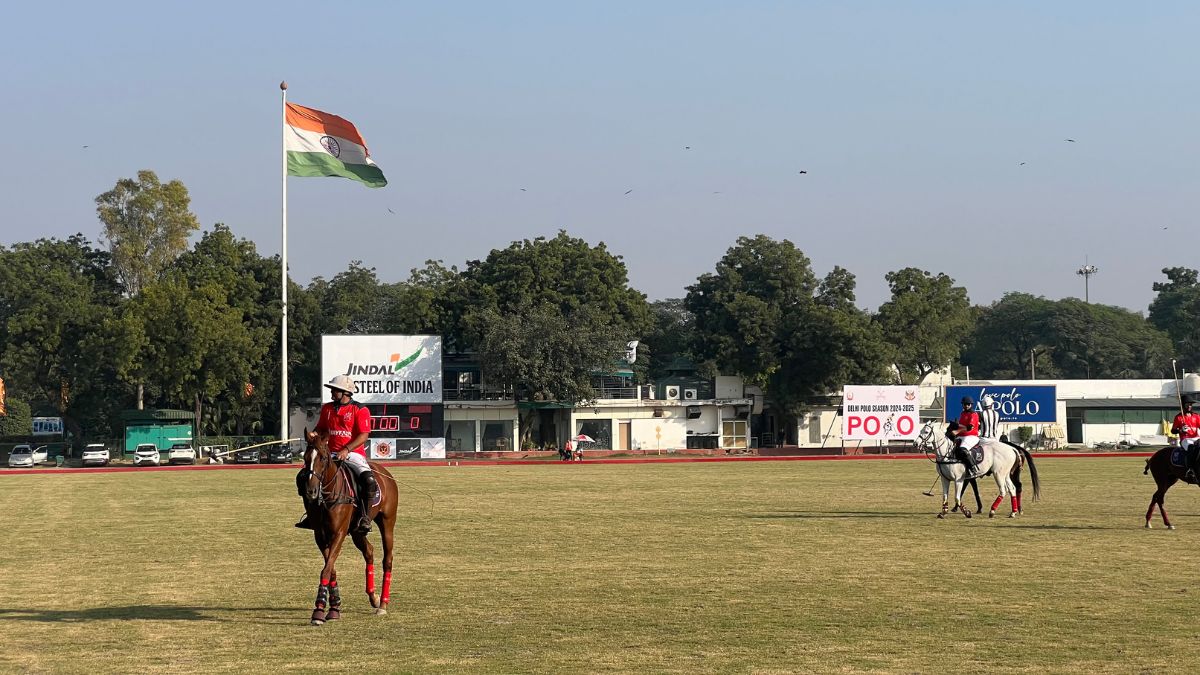
After the mechanisation of the Army reduced the operational role of horses, the 61st Cavalry change into a ceremonial unit. On the choice hand, its role in polo kept its traditions alive, making it a global symbol of India’s equestrian culture.
As of late, the regiment plays a dual role: it upholds India’s cavalry traditions and fosters young polo talent. Officers of the 61st Cavalry are trained rigorously in equestrian disciplines, making certain they excel on the polo field.
The regiment also breeds and trains horses for polo, contributing to the game’s infrastructure in a rustic where equine management is a significant challenge.
The 61st Cavalry’s involvement in polo goes beyond playing. It organises tournaments, often in collaboration with the Indian Polo Association, and ensures that the game’s visibility is maintained in key cities like Delhi, Jaipur, and Hyderabad.
The role of the Indian Polo Association
The Indian Polo Association (IPA), established in 1892, is a central figure within the administration and promotion of polo in India. Because the arena’s oldest polo association, the IPA has a legacy of setting standards for the game. It was once instrumental in formalising the foundations of modern polo, distinguishing it from its tribal versions played in India and other parts of Asia.
Post-independence, the IPA worked closely with the Indian Army and princely states to sustain the game.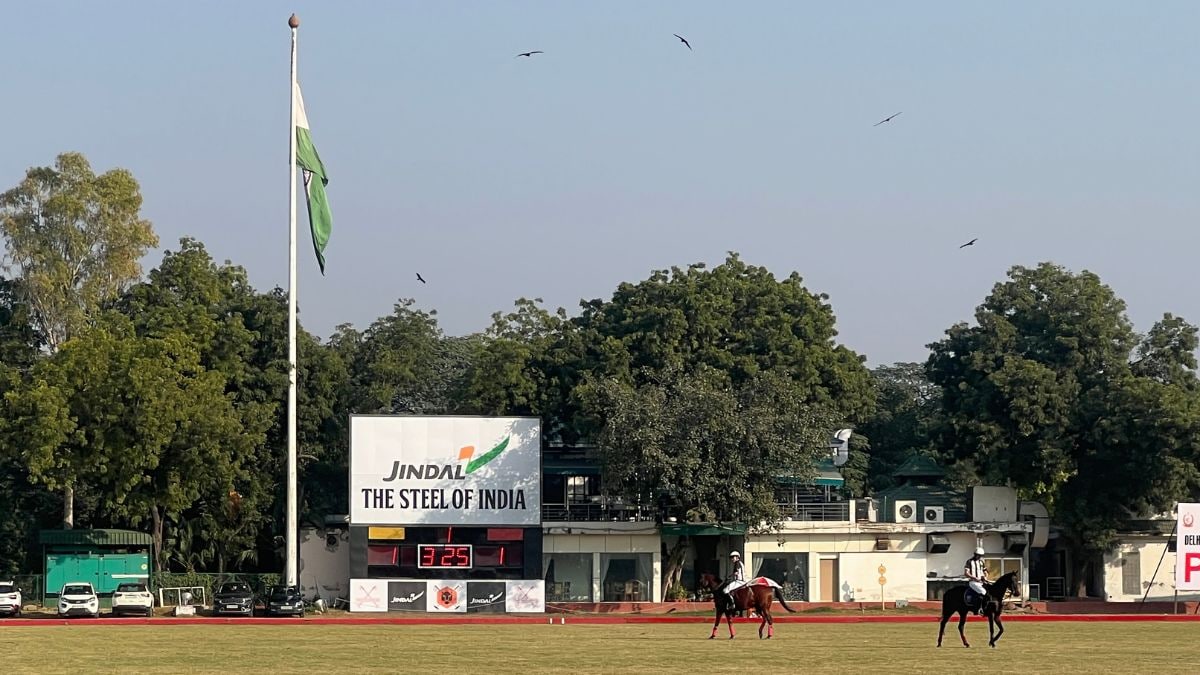
“IPA is the oldest polo association on this planet, the first polo club on this planet was once established in Calcutta. It was once through the IPA that we formalised rules for contemporary polo, differentiating it from the tribal version played in Manipur,” Deepak Udar, North India IPA steward, tells Firstpost.
Over the decades, it has evolved to do something about new challenges, almost like attracting younger players, securing sponsorship, and expanding polo’s achievebeyond elite circles.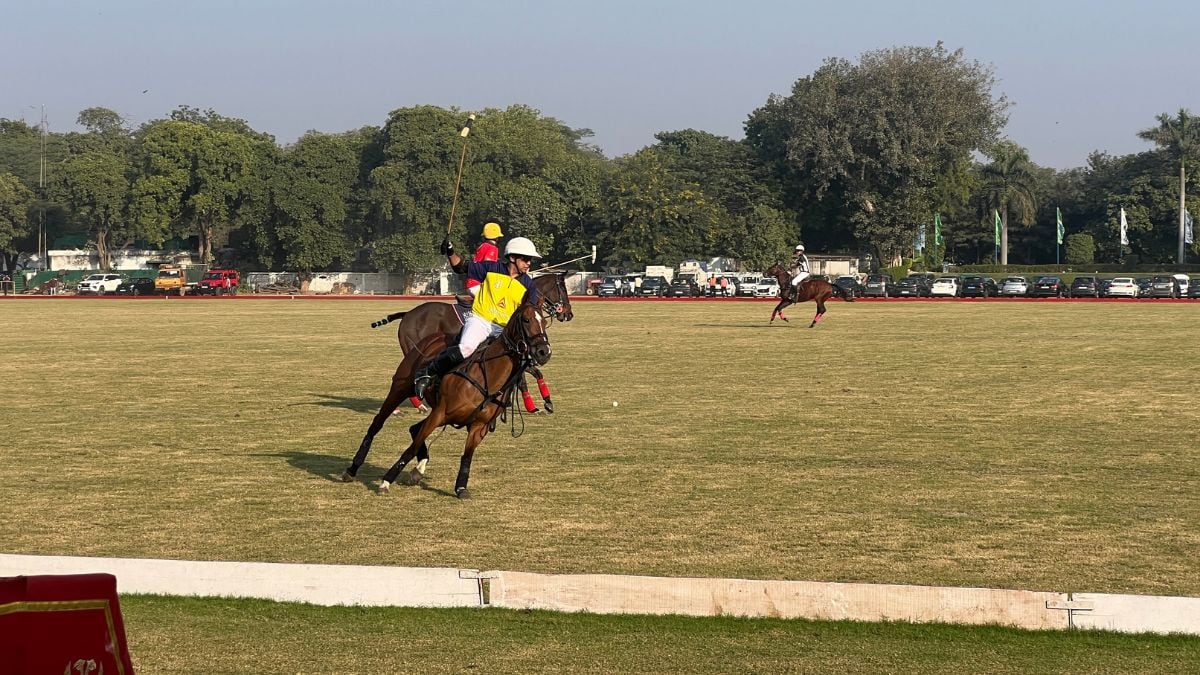
Speaking on the restricted growth of Polo in India, Rajesh Sehgal, chairman of the Polo Tournament Committee reveals that the game has now not met expectations as a long way as growth was once concerned.
Speaking on the IPA’s role in securing sponsorships, Sehgal tells Firstpost, “Polo is a luxurious sport. It requires significant investment, now not only for players but additionally for putting forward the horses and grounds. All through the years, corporates have stepped in, but now not as an even deal as one would expect.”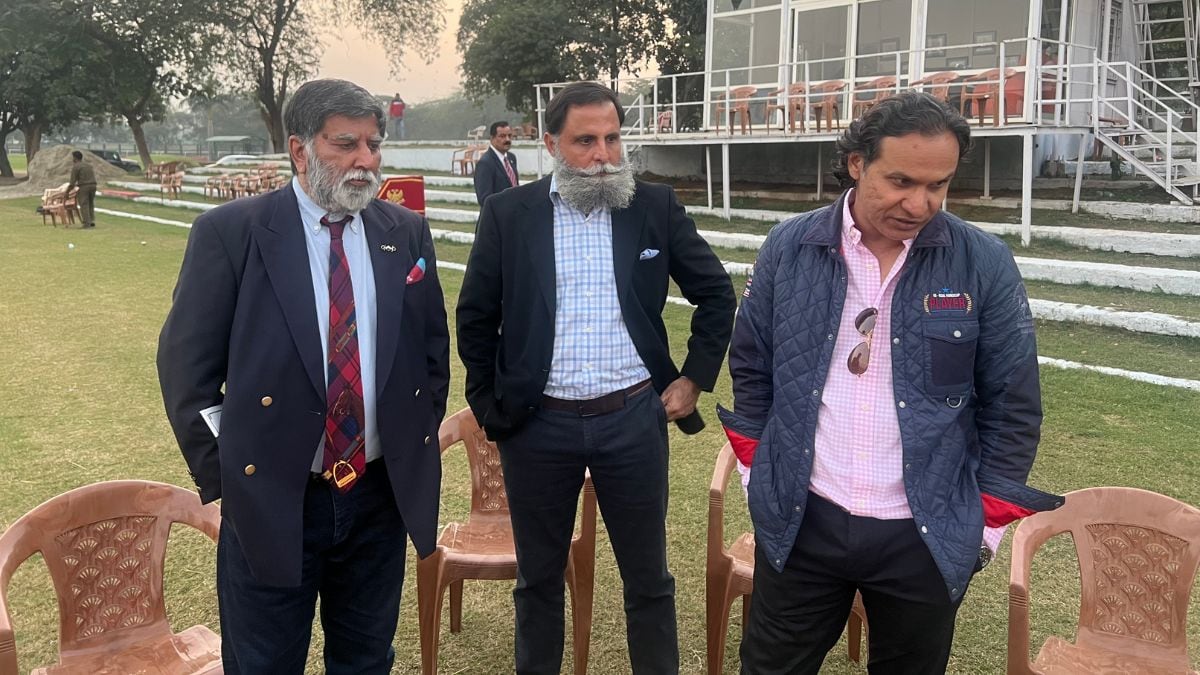
One of many IPA’s significant contributions has been its do something about tournaments. Events almost like the Indian Open Polo Championship, IPA National Polo Championship, and the Northern India Polo Championship serve as platforms to exhibit talent. These tournaments are important in putting forward the game’s visibility and competitiveness.
The IPA also collaborates with private teams, defense force units, and foreign clubs to foster international exposure for Indian players. By facilitating these partnerships, it helps Indian polo enthusiasts connect with global trends within the game. On the choice hand, in spite of these efforts, the IPA faces significant hurdles in making polo more inclusive and financially sustainable.
Polo is an inherently expensive sport, and its reliance on private sponsorship is important for long-term growth. The prices of putting forward horses, hiring skilled players, and managing top quality grounds are prohibitive. While the Army and the IPA have sustained polo to an important extent, private investment is important to elevate the game to new heights.
Corporate-backed teams almost like the Jindal Panthers, Jaipur Polo Team, and Sahara Warriors have set benchmarks in this regard.
Expressing optimism, Naveen Jindal, owner and a polo player himself for the Jindal Panthers Polo team, tells Firstpost, “Jindal Steel has been promoting polo for nearly 30 years now. Now we have superb polo facilities where a range youth are training. It’s our love for the game and it’s our commitment to the game.”
The Jindal Polo estate in Noida has been touted as one of a few crucial leading pioneers of the game lately.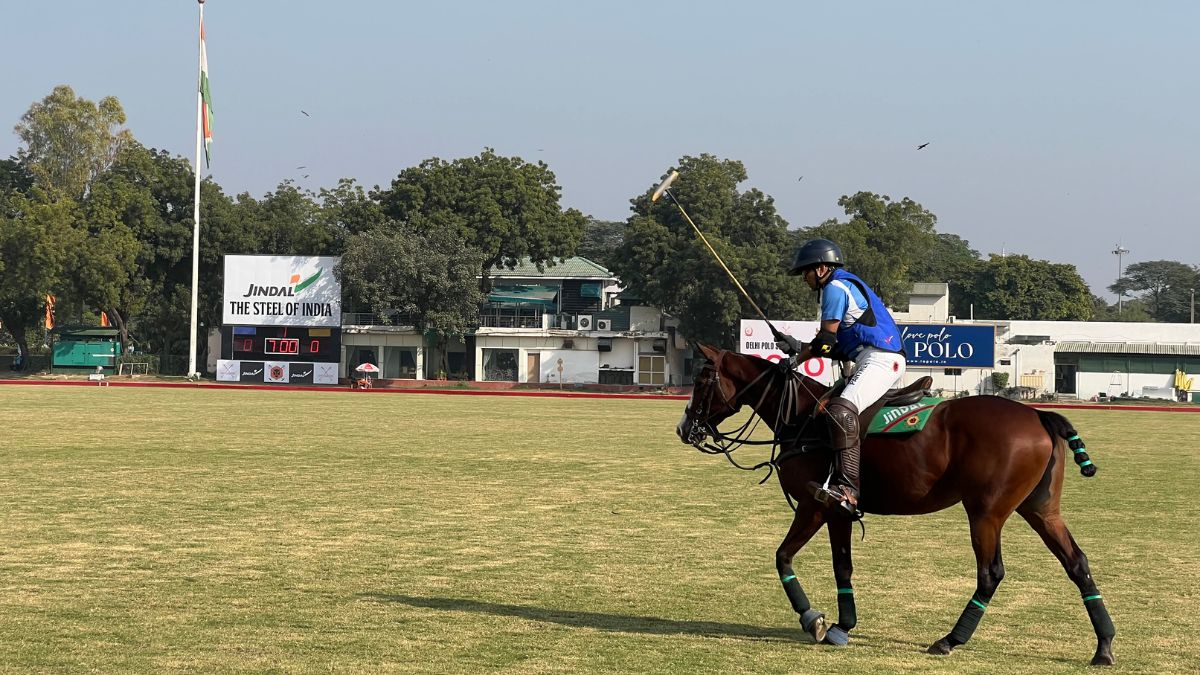
“Polo is India’s gift to the arena. So that is our responsibility to keep the traditions alive, to keep this sport growing in this usa. And I believe it has to take into accounta good future,” added Jindal, who's also currently serving as a 0.33-time Member of Parliament from Kurukshetra, Haryana.
These teams now not simplest pay money for world-class facilities and horses but additionally bring a certified technique to managing tournaments and talent.
A person polo team already within the fray is the Delta Polo team led by patron Dr. Aishwarya Paliwal who tells Firstpost, “We’re making certain Polo’s growth and visibility. Below my leadership, Now we have emerged as key sponsors of Indian Polo, recognising its cultural significance and potential, specifically given its origins in Manipur. My vision is to beef up the game’s presence in India.”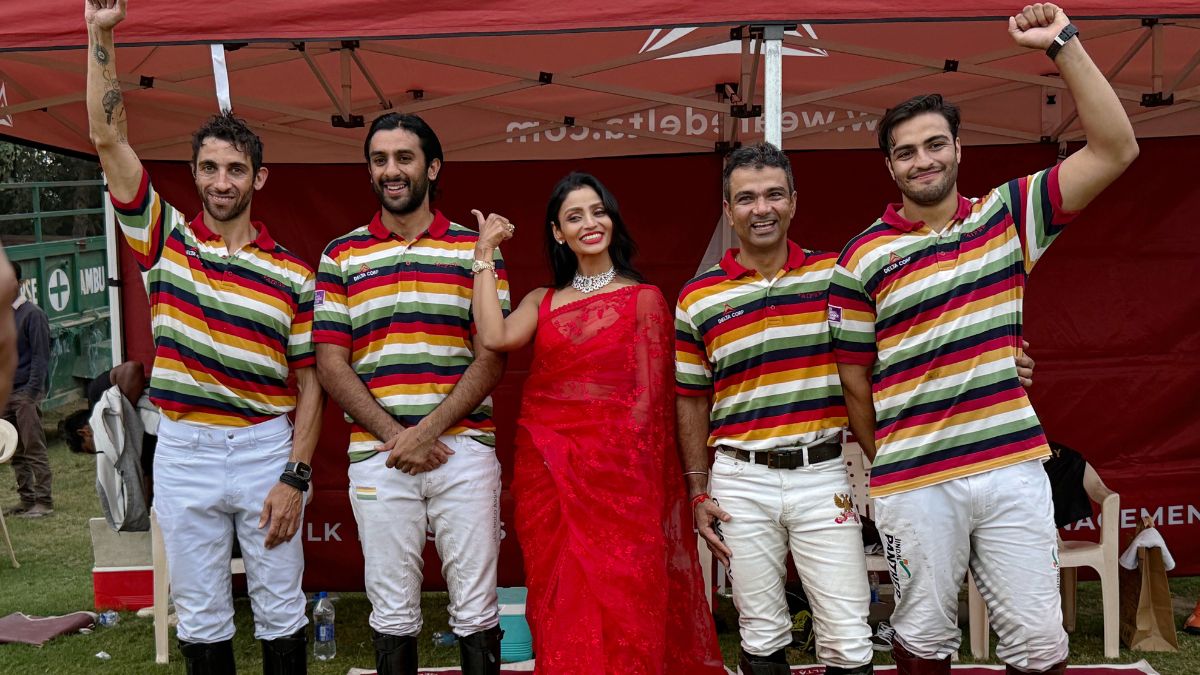
Any other new entrant to the polo scene in India is Anay Shah, a polo player moreover to the patron of the Mayfair Polo team. The 26-year-old is positive that polo will grow in India, telling Firstpost, “Each of the equestrian sports in India from after I used to be a baby to now, the extent has just increased. It’s gone from zero to 1 hundred within the equestrian sports and polo moreover to racing. It’s at an all-time high and it'll continue to grow and keep getting bigger. So that’s what we not sleep for in India”
Their involvement has added glamour and visibility to the game, attracting audiences and potential sponsors.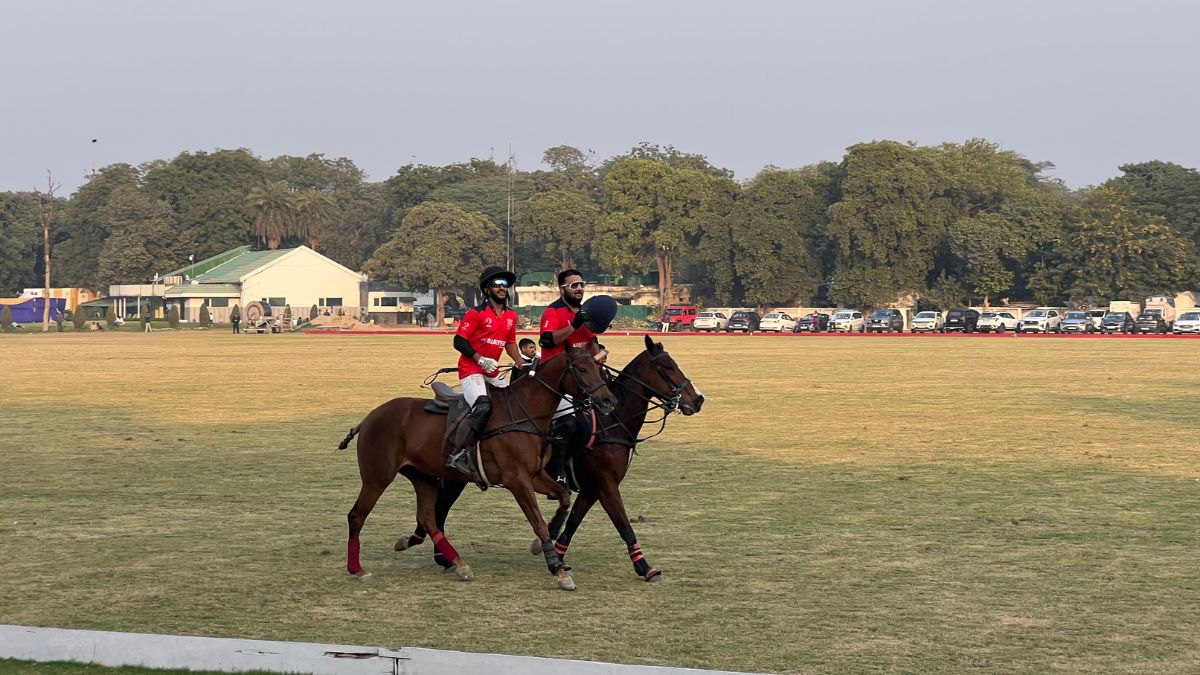
On the choice hand, the scale of personal investment remains limited when in comparison with countries like Argentina or the UK, where polo enjoys widespread popularity.
Highlighting this, Vikram Rathore, Indian Ambassador to the Federation of International Polo tells Firstpost, “For the last couple of decades, it’s been private corporate sponsorships which have helped toughen the game, though an even deal more of that is required.”
“We desire an important infrastructure with regards to horses, with regards to grounds, with regards to coaching, with regards to coaching and tournaments to have an exceedingly healthy ecosystem for the expansion of the game,” added Rathore, who's also the patron of the Achievers Polo team.
India needs a an even deal better ecosystem where corporate sponsors, media, and native governments collaborate to promote the game. Sponsorships may drive talent development programs, making certain a gradual pipeline of young players who can compete internationally.
Growth is stagnant as challenges mount
In spite of its rich history and Army toughen, polo in India faces a few challenges. The sport’s exclusivity has limited its appeal to a spot target market, often alienating the broader public. Expanding its fan base requires strategic efforts, including better media coverage and grassroots initiatives.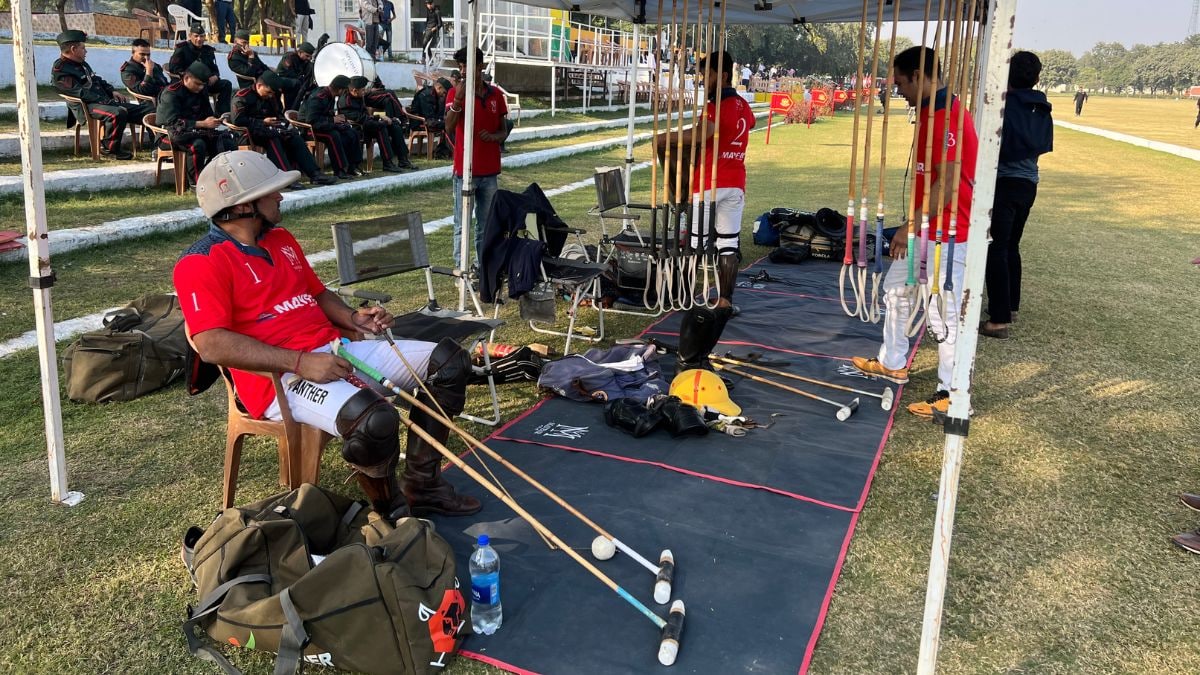
Infrastructure development is the opposite important area. While cities like Delhi and Jaipur have well-maintained polo grounds, smaller towns with a history of equestrian culture often lack such facilities.
Expanding polo’s fan base is the opposite challenge. Sehgal identified that while finals in cities like Jaipur and Delhi attract large crowds, league matches remain relatively now not noted: “Unfortunately the media also hasn’t given polo the due importance that that is going to get.”
Investments in training centers and academies can bridge this gap, making polo on hand to young talent from diverse backgrounds. Additionally, India needs to beef up its international presence in polo. While Indian players have made a mark, the usa’s standing in global rankings lags behind top polo nations.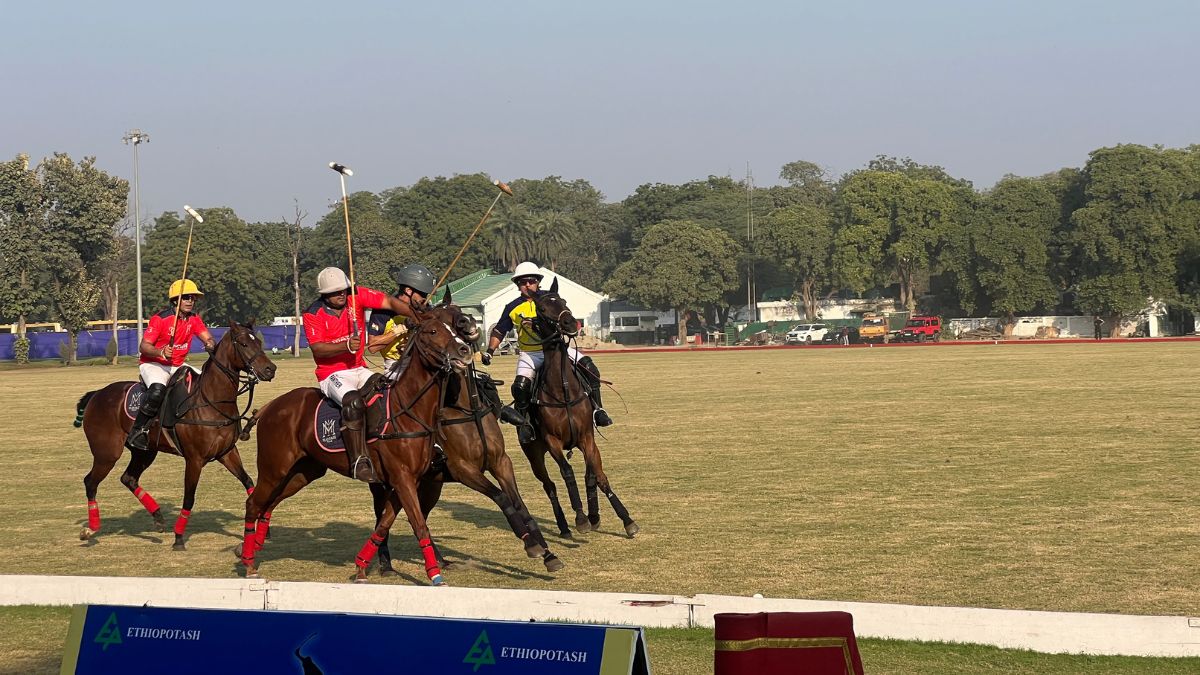
Urging players to affix the game, Sandhu tells Firstpost, “It’s our own sport. And after you may have got you may have got gotten got the passion, that you can perchance do it. For anyone and every and every person who has the passion, has the resources.”
“The moment we do that, you suddenly to find that all of the economics of it changes.”
Though the Indian Army, the 61st Cavalry, and the IPA have done commendable work in keeping this sport alive. To make certain polo thrives within the Twenty first century, broader efforts are required.
In doing so, the usa will now not simplest preserve a centuries-old tradition but additionally inspire a new generation to take up this unprecedented sport.
As Sehgal, a figure who has been playing polo as well for the last four decades, put it: “Polo is worthwhile sport where two living things are in tandem. And combined, they're on the bottom playing a competitive sport.”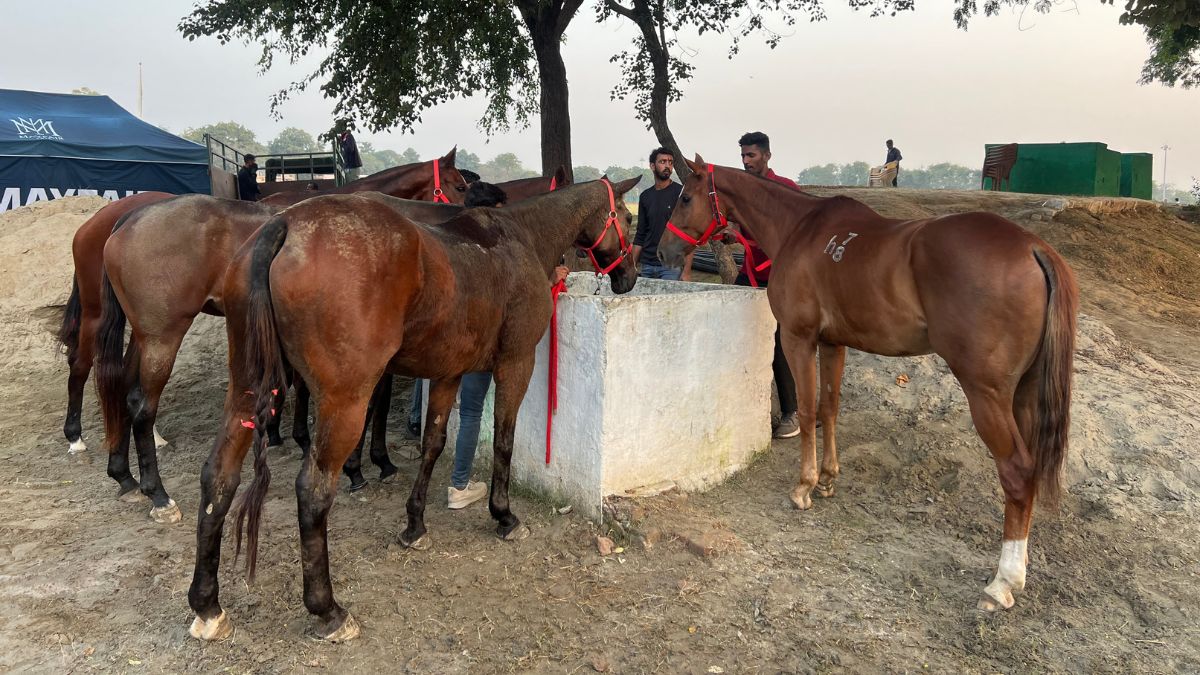
Anmol is a Senior Sub-Editor with Firstpost. He likes to cover stories that intrigue him, most often revolving around international polity, Indian foreign policy, human interest, environment and even the politically-charged election cycles in India. He has a long way too many disparate interests with a constant itch for commute. Having visited fourteen states within the Indian subcontinent, he is always on the look for opportunities to feature more to the list. He enjoys taking a look at Football, Tennis and F1 purely as a sports enthusiast. see more
End of Article
What's Your Reaction?















































